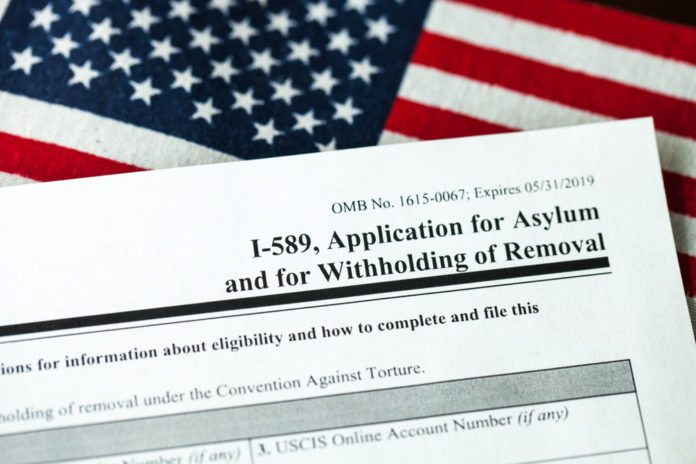The Supreme Court has overruled a California federal judge’s injunction that blocked the enforcement of the Trump administration’s new asylum policy. The policy bans asylum for anyone trying to enter the US from a third country, namely Mexico, without seeking for protection there.
This comes off of an injunction made on Monday by U.S. District Judge Jon Tigar, who ruled that the organizations challenging the policy serves clients in and out of the 9th district and that the US “need[s] to maintain uniform immigration policy.” This ultimately lead to the nationwide injunction. The 9th district had already ruled to not enforce the policy within their jurisdiction.
While the Supreme Court’s ruling is not a final decision on the policy’s merits, it does however, allow the policy to be enforced. This includes enforcement in the 9th circuit, who ordered the injunction, that includes California, Arizona, Alaska, Hawaii, Montana, Nevada, Idaho, Guam, Oregon and Washington.
Asylum claims have been growing ever since 2010. Currently 800,000 backlogged cases are pending in immigration court. Most who apply ultimately get denied by an asylum judge for not meeting the high standards needed to receive it, only 20% of those who apply are approved.
When speaking on the ruling, White House deputy press secretary Hogan Gidley said, “We are pleased the Supreme Court has ruled our Administration can implement important, needed fixes to the broken asylum system,” and “This greatly helps build on the progress we’ve made addressing the crisis at our southern border and will ultimately make American communities safer.”
Gidley then went on to elaborate that, “The district court’s erroneous nationwide injunction was another in a series of overreaching orders that allowed a single, non-elected district court judge to override policy decisions for the entire Nation. While there is much more work still to be done, thankfully the Supreme Court took a decisive step here and rejected the lower court’s egregious ruling.”











